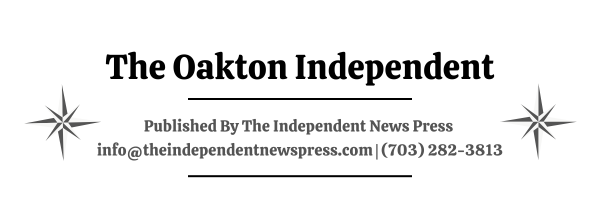Director Ava DuVernay’s highly anticipated film Origin recently hit theaters, captivating audiences with its profound exploration of systemic injustice, racial identity, and personal grief. Adapted from Isabel Wilkerson’s acclaimed book Caste: The Origins of Our Discontents, the movie intertwines Wilkerson’s journey with her broader examination of caste systems across the globe—most notably slavery in the United States, genocide in Nazi Germany, and the untouchables in India.
Throughout Wilkerson’s global investigation of caste systems, she delves deeper into the historical context that forms societal hierarchies and discovers disturbing parallels between these systems. Origin is an exploration of discrimination, and a personal narrative grounded in Wilkerson’s experiences with loss and grief. Her journey becomes a coping mechanism, providing a channel for personal mourning while providing a border commentary on racial injustice. Her emotional inquiries into the human condition are highlighted by her interactions with various characters who exemplify the systemic issues she seeks to address, from conversations about the painful history of slavery to evaluations of the Holocaust’s impact on Jewish identity.
Firmly rooted in its dialogue in personal adversity and profound societal critique, the film is a bold cinematic exploration of the connection between race, caste, and identity. Through Isabel Wilkerson’s quest, Origin invites viewers to reflect on the ongoing implications of caste in society and inspires discussions about race and justice that resonate on both an individual and collective level.
In Wilkerson’s exploration, audiences can explore the repetitive nature of injustice and the pervasive presence of history within society, marking Origin as a defining film of recent cinema in addressing these complex themes.


